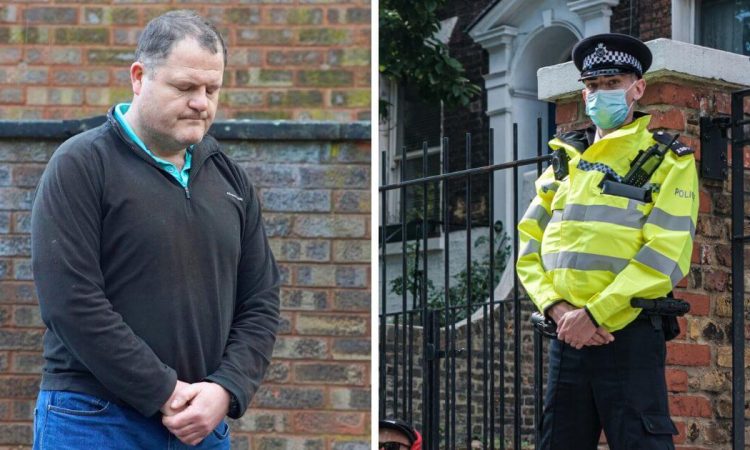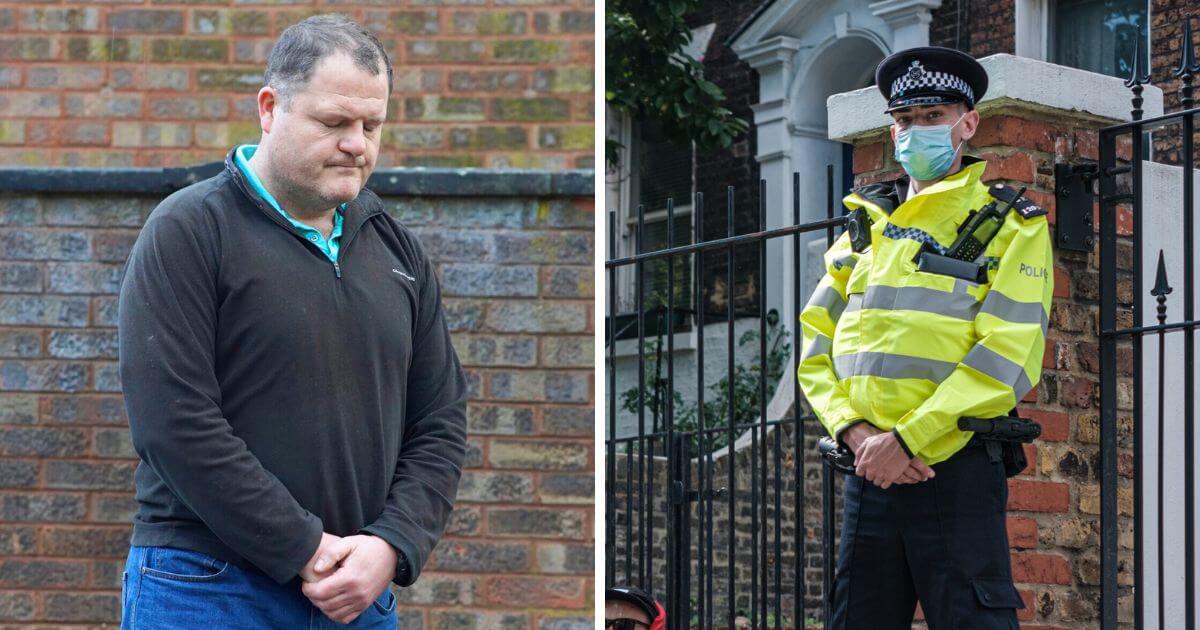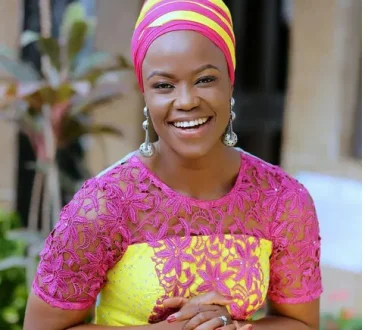UK Silent Prayers, Loud Convictions: Christian Man Found Guilty for Praying Near Abortion Clinic

In a moment that raises profound questions about freedom, faith, and the power of silent prayer, Adam Smith-Connor, a military veteran and father of two, was convicted on October 16th for breaching abortion clinic buffer zone rules in Poole, England. His crime? A silent prayer for his deceased son—a prayer that the court deemed to be an act of “disapproval of abortion.”

Smith-Connor’s case pulls at the very fabric of religious liberty in the modern world, spotlighting the battle between personal convictions and public space regulations. As a devout Christian, his silent prayer was more than a private act; it was a plea for mercy, healing, and redemption for a painful past. In a chilling twist, this quiet act of reverence has been branded a criminal offense in a nation that once prided itself on freedom of conscience.
On that fateful day in November 2022, Smith-Connor stood near an abortion clinic, head bowed slightly and hands clasped, as he prayed silently for three minutes. These were no ordinary prayers—they were prayers for the soul of his son, whom he had lost in an abortion years earlier. The regret and sorrow of his past decision had driven him to this moment, to seek God’s grace and healing. Yet, what was intended as a deeply personal and silent plea became the center of legal scrutiny when a council officer asked him about “the nature of his prayers.”
Smith-Connor, in his honesty, revealed that he was praying for his son, a revelation that would later lead to a fixed penalty notice, followed by full legal proceedings brought against him by the Bournemouth, Christchurch, and Poole (BCP) Council. Despite his defense, which stressed the private nature of his actions and his compliance with the law, District Judge Orla Austin ruled that his prayer constituted a breach of the Public Space Protection Order (PSPO) in place around the clinic.
This verdict has shaken the foundations of what it means to live out one’s faith in public spaces. Smith-Connor, who served his country for 20 years in the army reserves and fought for freedom on the frontlines of Afghanistan, now finds himself convicted in his homeland for silently seeking God’s intervention. “Today, the court has decided that certain thoughts—silent thoughts—can be illegal in the United Kingdom. That cannot be right,” he said, in disbelief over the ruling. His conviction challenges not only the boundaries of public order but the sacredness of silent communion with God.
At the heart of this case lies the question: Can a prayer, unspoken yet deeply felt, be considered a crime? For Smith-Connor, the act of praying outside an abortion clinic was not a political statement but a spiritual one, an act of repentance and healing for his past. In his own words, “All I did was pray to God, in the privacy of my own mind—and yet I stand convicted as a criminal?”
This legal decision sends a ripple through the Christian community and beyond, highlighting a growing trend where expressions of faith, even silent ones, are being curtailed in the name of public order. It begs the question of whether we are witnessing the erosion of fundamental freedoms—freedoms that Smith-Connor himself once defended on the battlefield.
As a healthcare professional and church volunteer, Smith-Connor’s life is marked by service and compassion. Yet, his conviction stands as a stark reminder that even the most personal acts of faith are no longer immune from public scrutiny. The court’s decision suggests that even the silent thoughts and prayers of believers are now subject to regulation, raising concerns about the future of religious expression in the UK.
In the face of this conviction, Smith-Connor’s story is a sobering reflection on the trials Christians face in a world increasingly hostile to faith. His quiet prayer has now become a loud call for believers everywhere to defend their right to worship, to seek God, and to pray—whether in public or in the privacy of their hearts.
As the debate over abortion, faith, and public spaces continues to intensify, Smith-Connor’s case serves as a powerful reminder that faith is not confined to the walls of a church. It is lived out in moments of deep reflection, even when those moments are silent, and the world is watching.




